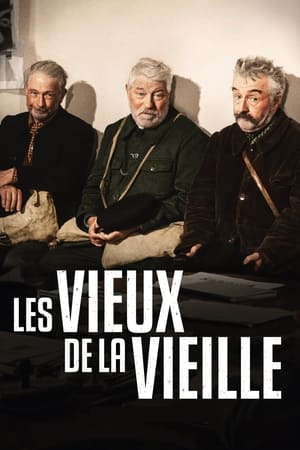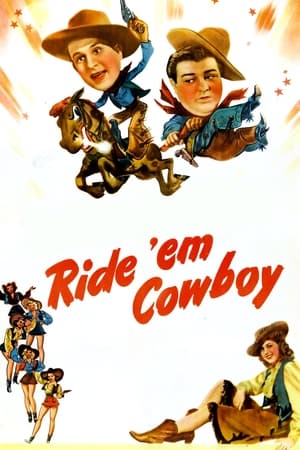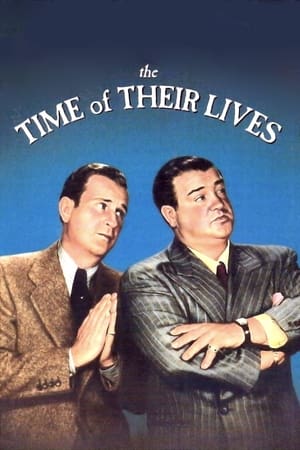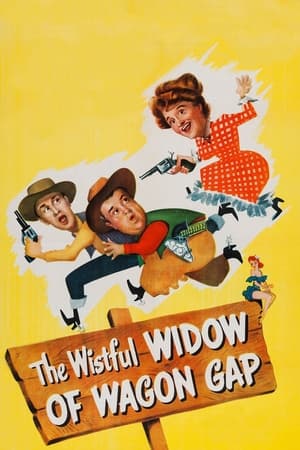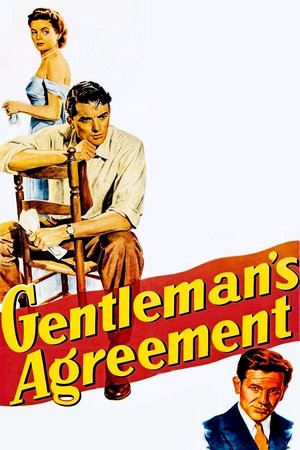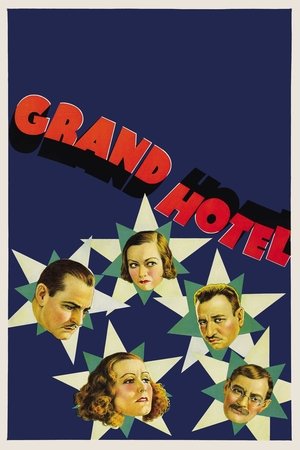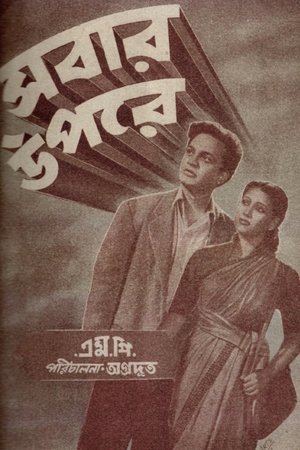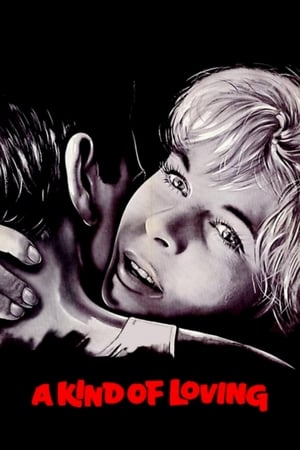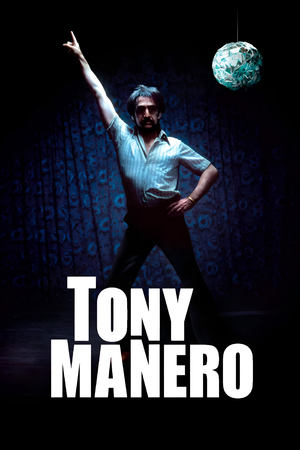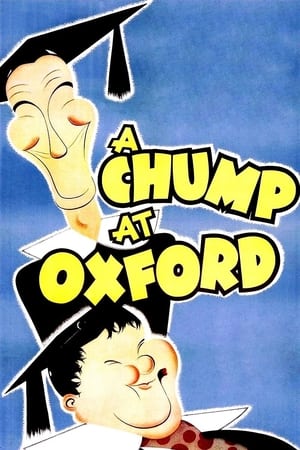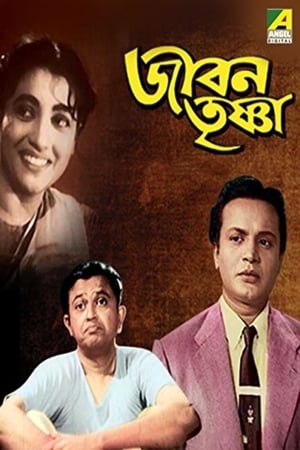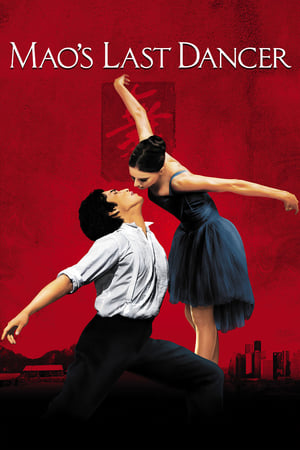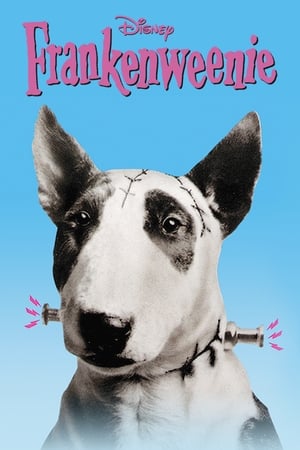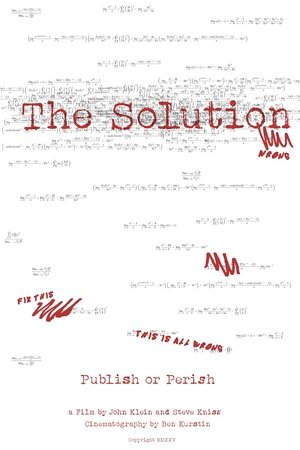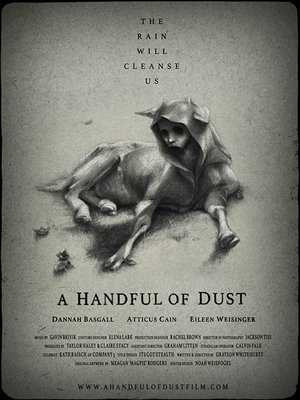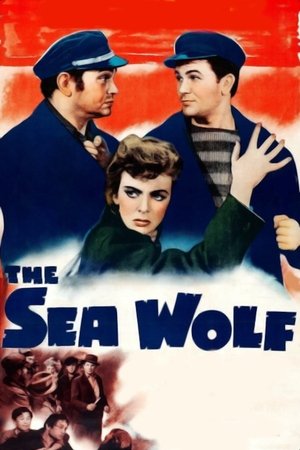Overview
Overwhelmed by her suffocating schedule, touring European princess Ann takes off for a night while in Rome. When a sedative she took from her doctor kicks in, however, she falls asleep on a park bench and is found by an American reporter, Joe Bradley, who takes her back to his apartment for safety. At work the next morning, Joe finds out Ann's regal identity and bets his editor he can get exclusive interview with her, but romance soon gets in the way.
Reviews
Lighthearted and enjoyable comedy featuring two wonderful and charismatic performances by Gregory Peck and Audrey Hepburn in her first major role. Last saw this 12 years ago and still fun to this day. **4.5/5**
Audrey Hepburn is the visiting princess "Ann" whose whistle-stop tour of Europe reaches Rome. Put to bed, as usual, she decides to don some ordinary clothes and venture out for a bit of exploring. Now, initially I thought she was going to hook up with some swarthy, tousled, Lothario but nope - she meets American journalist Gregory Peck - quite the epitome of the ordinary "Joe"! Full of the sedatives that her people gave her before she snuck out, she ends up crashing at his apartment and next morning he realises whom she is, and that his boss wants an exclusive! Just about penniless, she leaves and tries to make her way home - but again "accidentally" bumps into "Joe" and together with his photographer pal "Irving" (Eddie Albert), the three embark on some fun and engaging escapades in the Eternal City where this young woman finally manages to escape her cosseted life - she even gets an haircut - before reality gradually starts to reimpose itself on them all. There is a smashing chemistry between Hepburn and Peck; the script and the scenarios allow to us to follow as they gradually fall in love. There is an engaging innocence about Hepburn's performance; she manages to convey a great sense of a woman who is finally free - but knows it can only be temporary, and the scenes with Peck and Albert are entertaining as their cunning plans are continually being altered. Georges Auric's score is classy and mischievous, and the whole stylish look of the film makes it quite delightful to watch. A classic class of less is more!
**Considered by many to be the first and greatest film of Audrey Hepburn's career.**
What is special about this film? Really, little. The story is very simple: it is the almost adolescent escape of a young princess who, tired of the responsibilities and visibility inherent in a crown, decides to distract herself and live her youth for a few hours. The problem is that she ends up, inadvertently, at the home of an American news journalist in charge of interviewing her, and who wants to take advantage of the situation. Of course, anyone hoping for an interesting dalliance between the princess and the commoner will be rewarded, to some extent. Predictable? Cliché? Of course, but it was with illusions like these that cinema fed the magic of the monarchical universe, somewhat to its own advantage.
If the story told is not particularly brilliant and stands out for its simplicity and a range of obvious choices and solutions, what are we left with? Scenarios? Costumes? Effects? Sound? Cinematography? In part, yes. The sets are very well done, and the film, which is actually filmed in Rome, is one of the first and best cinema postcards of this city. I still know people who have been to Rome, and been where the characters in the film have been too, such as the Trevi Fountain or the Mouth of the Truth, tourist landmarks that this film helped to popularize. Without major effects, it has a nice and atmospheric sound and soundtrack, and the cinematography, in black and white, is very good. The scenes of the two main characters riding a Vespa through the streets of the city center are particularly anthological. We can also say that the film was wonderfully edited, and the story moves at an elegant and pleasant pace.
But what would this movie be without Audrey Hepburn? I don't think it's possible to imagine the character in the skin of another actress. She had the nobility and dignified serenity required of royalty, and imbued the character with authenticity, credibility, and friendliness. It's impossible to watch the film and not feel a certain sympathetic affection for her character, who simply wants a few hours to distract herself from the institutional routines and duties for which she was educated. Gregory Peck was a clear choice to be the journalist who helps her and creates a certain romantic affection for her.

 119 min
119 min
 7.889
7.889
 1953
1953
 USA
USA
 JPV852 wrote:
JPV852 wrote:

